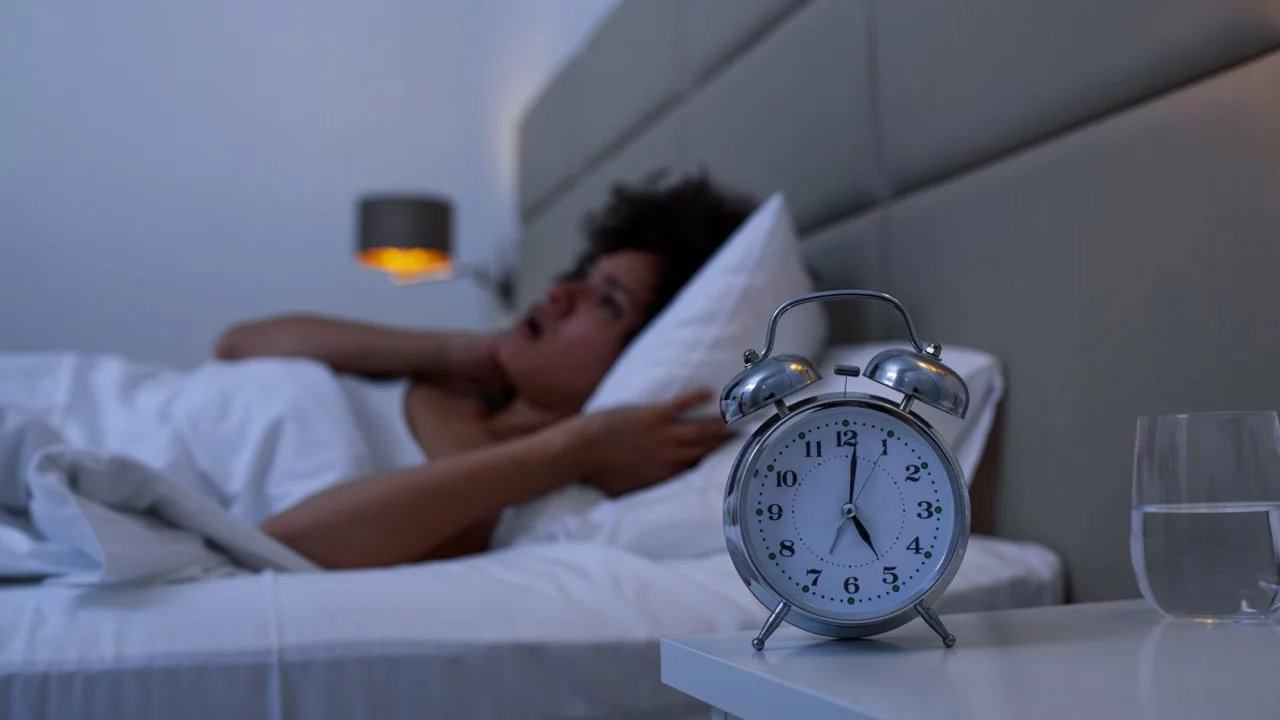Insomnia: what’s keeping you awake and what you can do tonight
Can't fall asleep or keep waking up? Insomnia shows up in different ways — trouble falling asleep, waking too early, or feeling tired after a night in bed. You don't need fancy tools to start improving your sleep. Small, specific changes often make a big difference fast.
First, figure out the pattern. Is it stress, late caffeine, night shifts, or a medicine side effect? Jot down when you go to bed, when you wake, naps, alcohol, and stressors for a week. That simple log helps you spot habits you can change right away.
Practical sleep-hygiene checklist
Use this checklist as a starting routine. Try one change at a time so you can see what helps.
- Keep a consistent wake time every day, even weekends. Your body likes a schedule.
- Limit caffeine to mornings. Avoid coffee, strong tea, and some sodas after lunch.
- Skip heavy meals, alcohol, and intense workouts close to bedtime.
- Wind down for 30–60 minutes before bed: dim lights, low-key reading, light stretching, or a warm shower.
- Make your bedroom cool, dark, and quiet. Use blackout curtains, earplugs, or a fan if needed.
- Put phones and screens away at least 30 minutes before sleep. Blue light tricks your brain into staying alert.
Behavioral fixes that actually work
Cognitive Behavioral Therapy for Insomnia (CBT-I) is the top non-drug treatment. It teaches how to change sleep habits and tackle the anxious thoughts that keep you awake. You can find online CBT-I programs, work with a therapist, or use guided workbooks. People often see lasting improvement in weeks.
If your mind races at night, try a short, concrete worry time during the day: set 10–20 minutes to list concerns and possible next steps. At night, use a five-minute breathing or relaxation exercise to shift your focus away from replaying the day.
Napping can help or hurt. If you need a nap, keep it under 30 minutes and not too late in the day. Too many or long naps cut into sleep pressure and make nighttime harder.
Medications can be useful short-term, but they come with trade-offs: grogginess, tolerance, and side effects. Melatonin helps some people, especially when sleep timing is off. Prescription sleep aids should be a temporary bridge while you address habits and stress. Always talk to a clinician about risks and interactions.
See a doctor sooner if your sleep problem starts after a new medicine, if you snore loudly or gasp for air (possible sleep apnea), if you feel very sleepy during the day, or if sleep loss is hurting your work or mood. A clinician can check for medical causes and suggest targeted treatment.
Start small: keep a sleep log, try one item from the checklist, and give it two weeks. If that doesn't help, look into CBT-I or get a medical checkup. Better sleep usually begins with tiny, consistent changes you can actually stick with.
Insomnia and Diet: The Impact of Caffeine on Sleep Quality

Alright folks, guess what I've been pondering over these days? The link between your coffee habit and those sheep you've been counting at night. The verdict? Caffeine absolutely does a number on your sleep quality! It's like inviting a rock band to perform in your brain when you're trying to snooze. So, if you're having a love affair with your espresso machine, it might be time to consider a break-up if you want to get some good winks in!
